An Employer’s Guide to 401k Plans: A Four-Part Series (Part III)
Investing Wisely: Navigating 401(k) Investment Strategies
Maximizing Your 401(k): Understanding Investment Options and Best Practices
Welcome to Part III of our comprehensive “Employer’s Guide to 401k Plans” series. In this installment, we dive into the crucial aspects of 401(k) investment strategies, as guided by Larry Heller, CFP®, CDFA®. This edition is dedicated to enhancing your understanding of 401(k) plan management, with a focus on investment choices and their impact on both trustees and plan participants.
Understanding Fiduciary Duties in 401(k) Plans
The cornerstone of effective 401(k) management is a robust understanding of fiduciary duties. These responsibilities, often overlooked by plan participants, are critical for trustees. Ensuring adherence to the plan document is not just recommended but a legal obligation, serving as the guiding framework for eligibility, contributions, and overall plan operation.
Investment Types and Model Portfolios in 401(k) Plans
Investment choice plays a pivotal role in the success of a 401(k) plan. A detailed exploration of various investment types, including mutual funds and ETFs, is essential. Prioritizing funds with clear objectives and transparency can significantly impact the plan’s effectiveness. Moreover, model portfolios offer a superior approach compared to target date funds, catering to diverse risk tolerances and investment goals.
Simplifying 401(k) Plans for Better Engagement and Planning
The complexity of 401(k) plans can often be a barrier to participant engagement. Emphasizing simplicity in plan design and options can greatly enhance understanding and participation. Features like automatic rebalancing can assist participants in maintaining their desired asset allocation over time, simplifying the investment management process.
The Importance of Regular Benchmarking and Participant Education
Benchmarking 401(k) plans regularly is crucial to ensure fee competitiveness and to highlight any hidden costs. This practice ensures the plan remains a valuable asset for participants. Additionally, the role of participant education in improving engagement and retention cannot be overstated. Through educational meetings and the use of technological tools, participants can become more informed and confident in their retirement planning.
Conclusion
Efficient management and understanding of 401(k) plans are imperative for the financial well-being of both employers and employees. As we continue to explore the multifaceted aspects of 401(k) plans in this series, we encourage you to proactively enhance your understanding and management of these crucial retirement tools.
Need Guidance?
At Heller Wealth Management, we are dedicated to helping you navigate the complexities of 401(k) plans. Our team is equipped to provide comprehensive support in designing, implementing, and managing tailored retirement solutions. To learn more about enhancing your 401(k) plan, contact us for a detailed benchmarking review.
If you’d like to speak to us about your 401(k), please click on the link below to schedule time with Larry Heller, CFP®, CDFA or Greg Moss, CFP®
Heller Wealth Management
Phone: 631.248.3600
Website: www.hellerwealthmanagement.com

